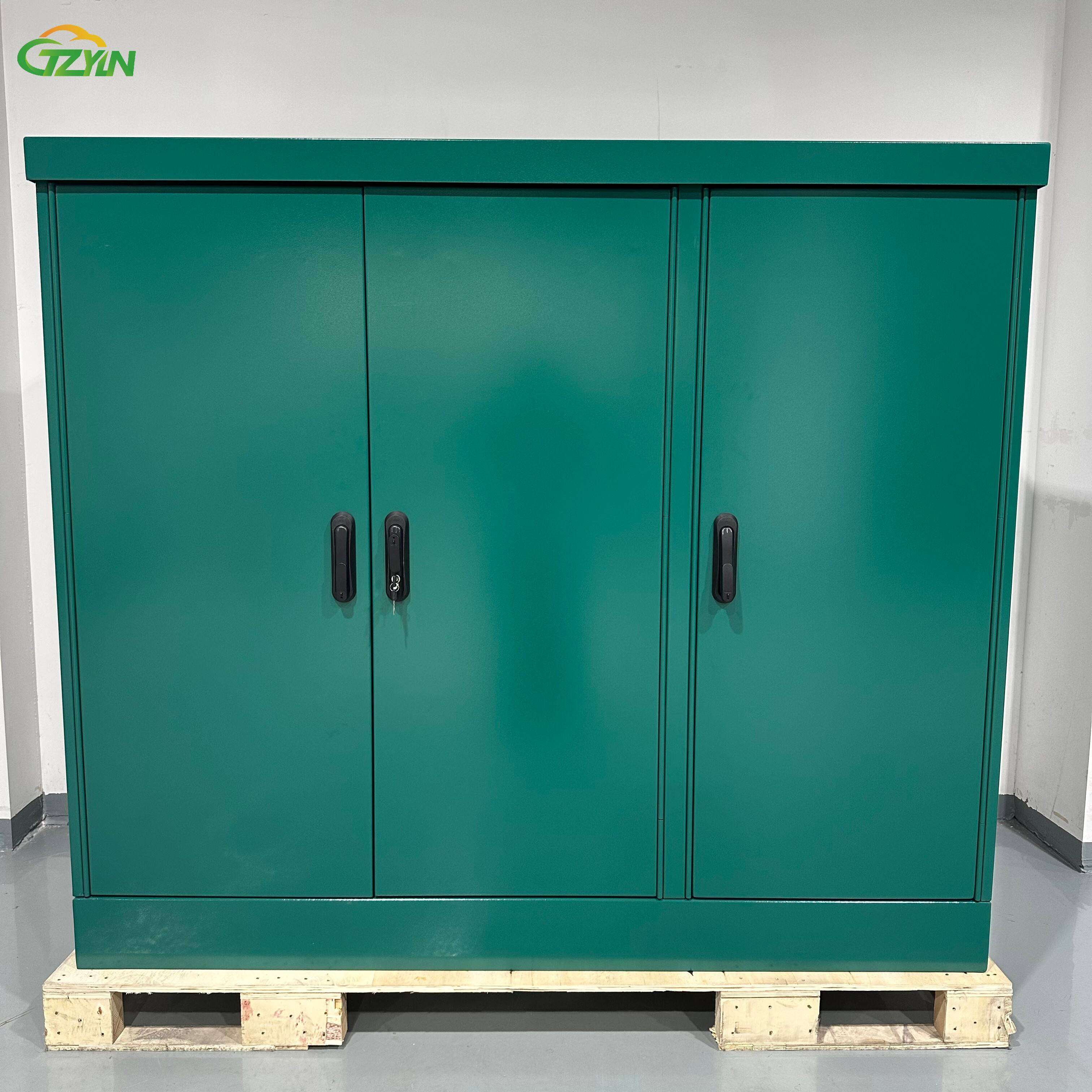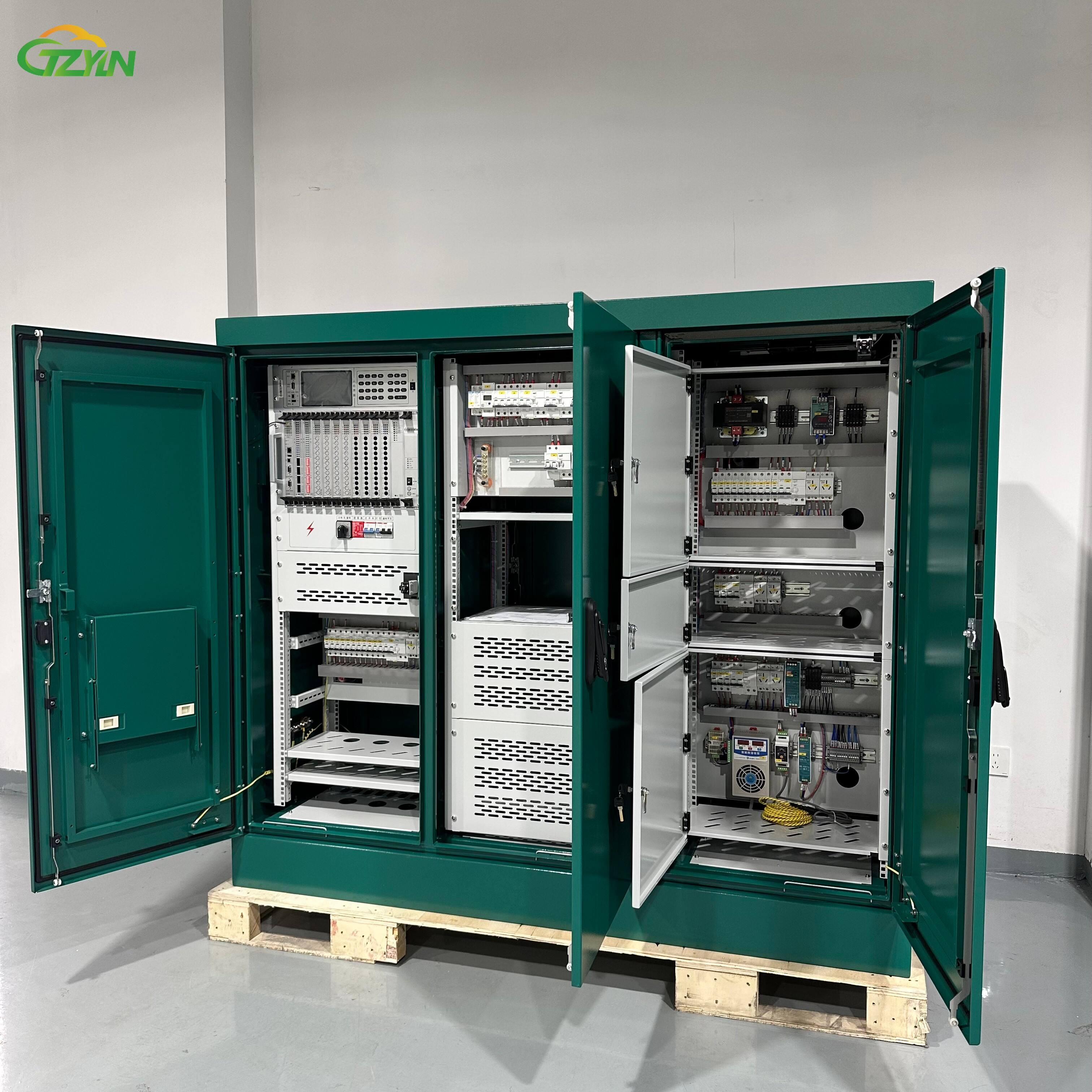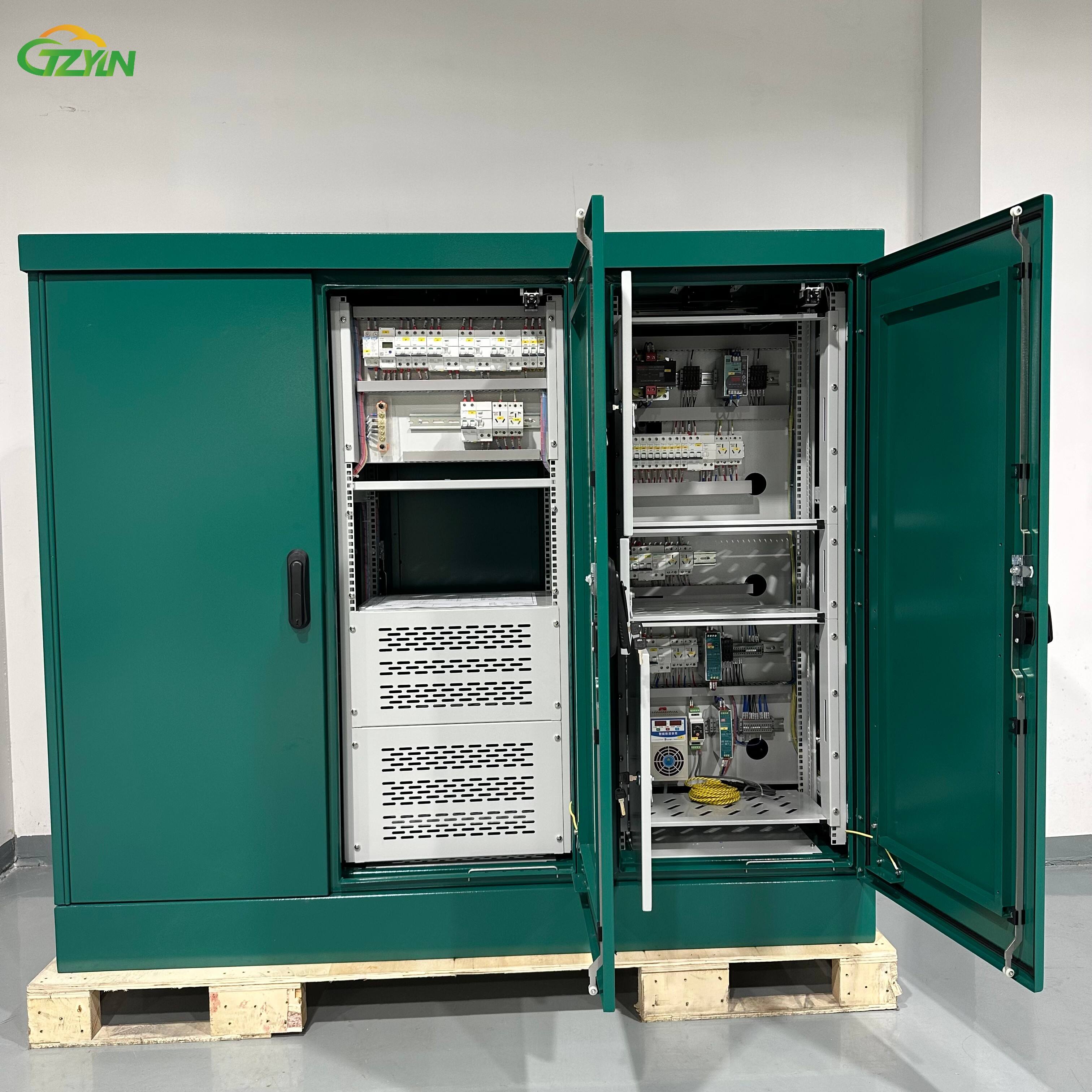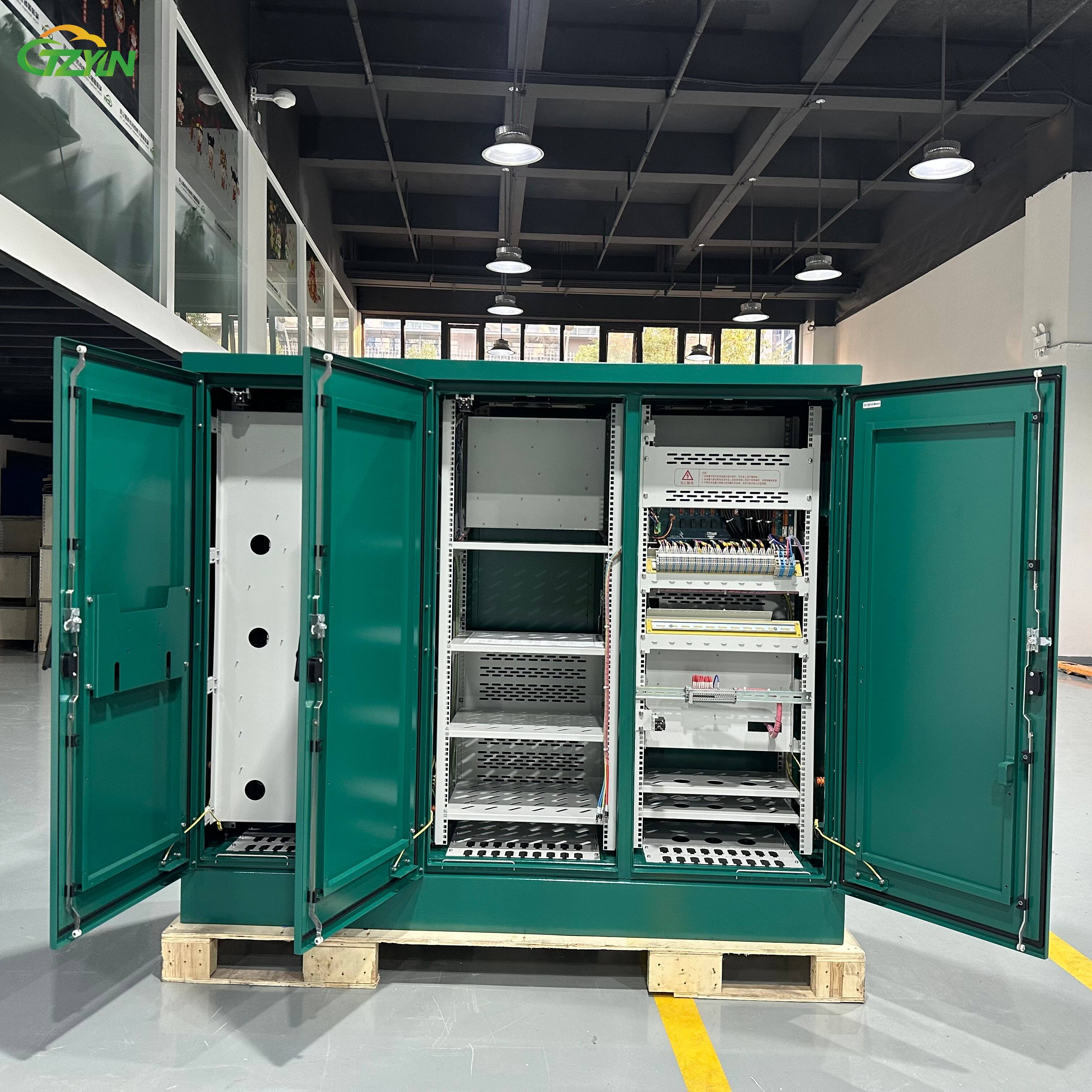Basic Overvie

Traffic light automation control cabinet is an intelligent integrated Solution designed for urban traffic signal control, aiming to achieve dynamic perception, intelligent decision-making and remote control of traffic flow through the Internet of Things, edge computing and AI algorithm technology. This Product subverts the limitations of traditional traffic light timing control, and with "adaptive traffic optimization" as the core, it builds an intelligent traffic signal system that can self-learn and self-optimize, helping cities improve traffic efficiency, reduce congestion, and promote traffic management towards intelligence and refinement.
Advantages And Characteristics

- Intelligent perception and data collection
Integrated radar, Video cameras, geomagnetic sensors and other equipment to collect multi-dimensional traffic data such as vehicle flow, vehicle speed, queue length, etc. in real time.
Supports multi-protocol communication (4G/5G/Ethernet) to achieve seamless connection with third-party traffic data platforms.
- AI-driven dynamic signal control
Built-in deep learning algorithm to automatically adjust signal cycle, green signal ratio and phase difference according to real-time traffic flow.
Support "green wave belt" coordinated control to optimize the continuous traffic efficiency of trunk roads.
- Remote monitoring and emergency response
Provide a cloud visualization platform to support 7×24 hours equipment status monitoring and remote control.
In case of sudden accidents or congestion, one-click triggering of emergency plans, quickly adjusting signal plans to divert traffic.
- Equipment self-diagnosis and edge computing
Built-in fault prediction model to identify hardware risks in advance and push maintenance warnings.
Edge node localization decision-making to ensure that basic control functions can still be maintained in a network-off environment.
Product Details

- Adaptive capability: Based on deep learning, the control strategy is continuously optimized to adapt to special scenarios such as tidal lanes and holidays, and the traffic efficiency is improved by 30%-50%.
Efficient collaboration: Supports multi-intersection cluster control to achieve balanced distribution of regional traffic flow, reduce parking times and exhaust emissions.
High reliability: Industrial-grade hardware design, EMC/EMI certified, trouble-free operation time ≥ 50,000 hours.
Scalability: The modular architecture supports future upgrades and can be connected to new devices such as electronic license plates and vehicle-road collaboration V2X.
Energy saving and consumption reduction: Intelligently adjust the brightness of the signal light, combined with the sleep strategy during low traffic periods, and reduce the overall energy consumption by 25%.
Application areas

Urban traffic arterials
Optimize traffic flow during peak hours and reduce overflow on main roads.
School/hospital vicinity
Dynamically adjust pedestrian crossing signal priority based on peak hours of school/medical visits.
Commercial areas and transportation hubs
Link parking lot data to guide vehicles to vacant parking lots and relieve pressure on surrounding roads.
Smart highway entrances
Cooperate with the ETC system to achieve dynamic control of ramp traffic and prevent congestion at highway entrances.
New smart cities
As the terminal node of the traffic brain, it is connected to the city IOC command center to support global traffic dispatching.







